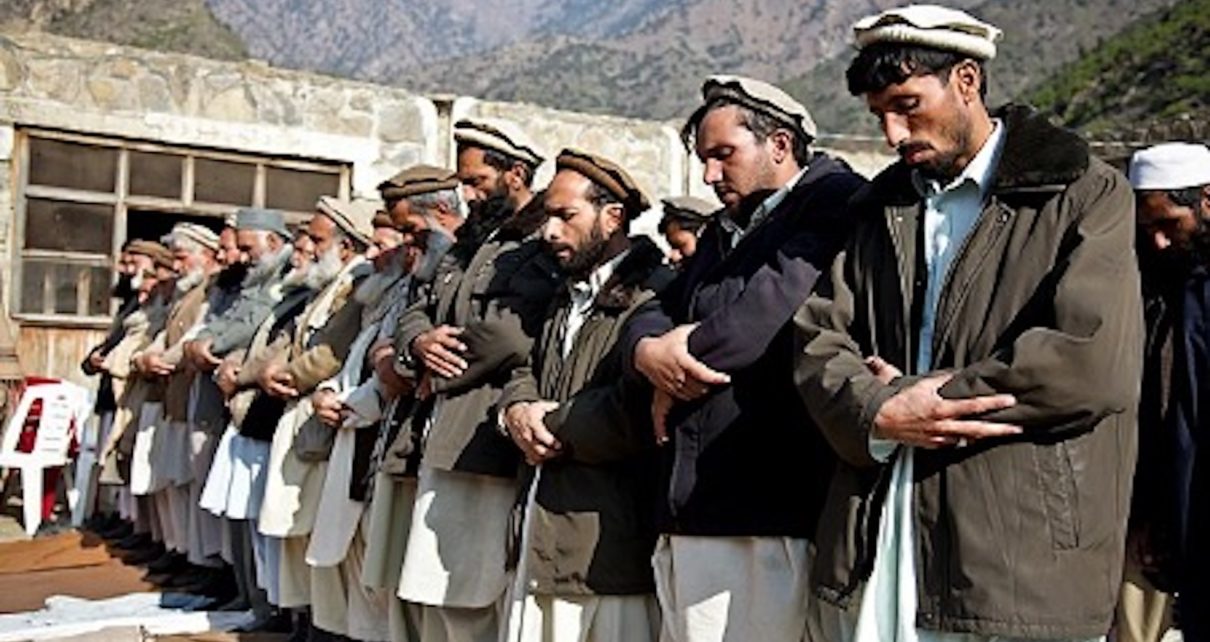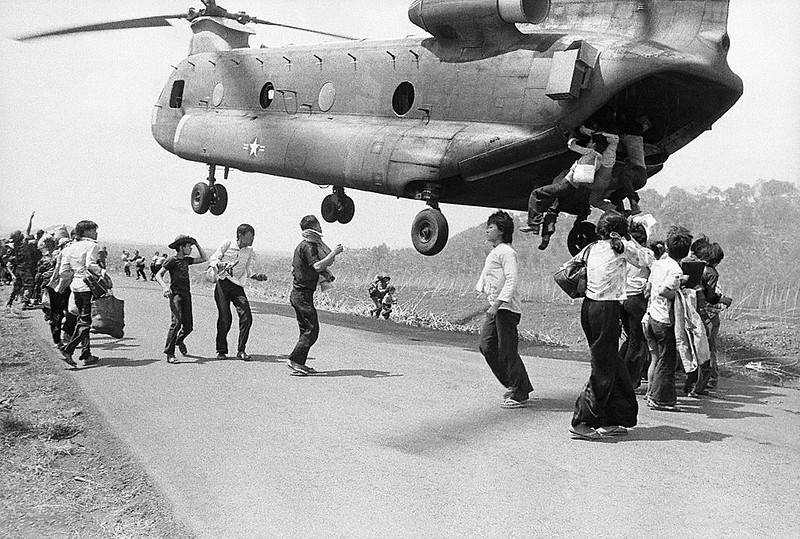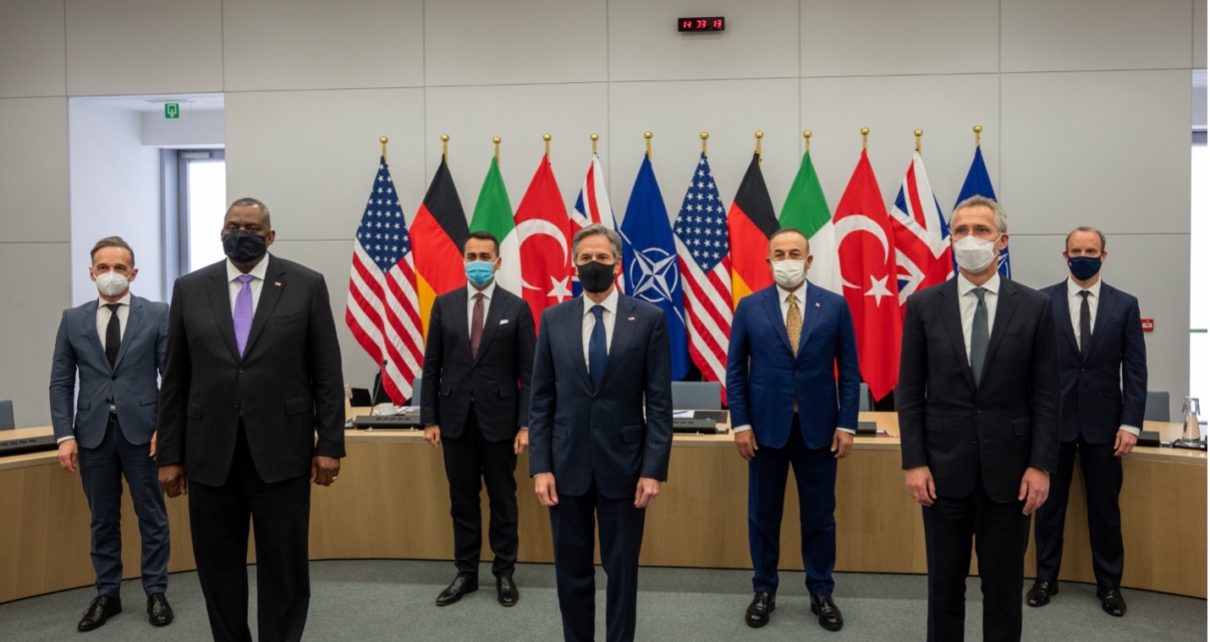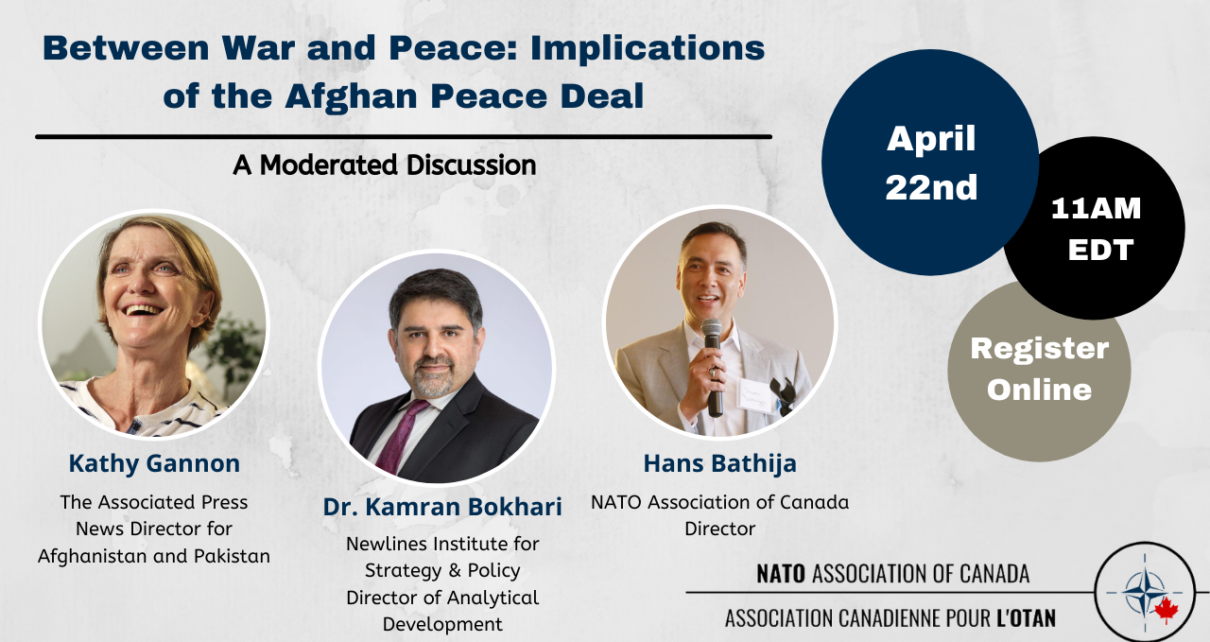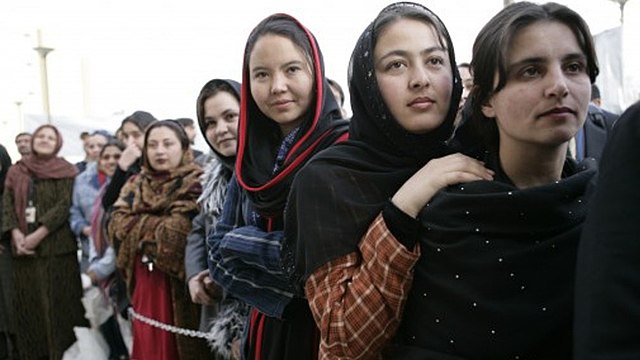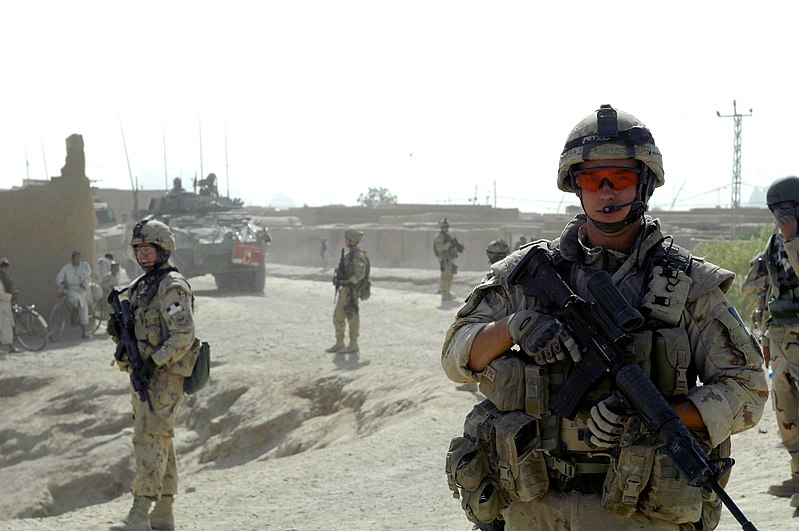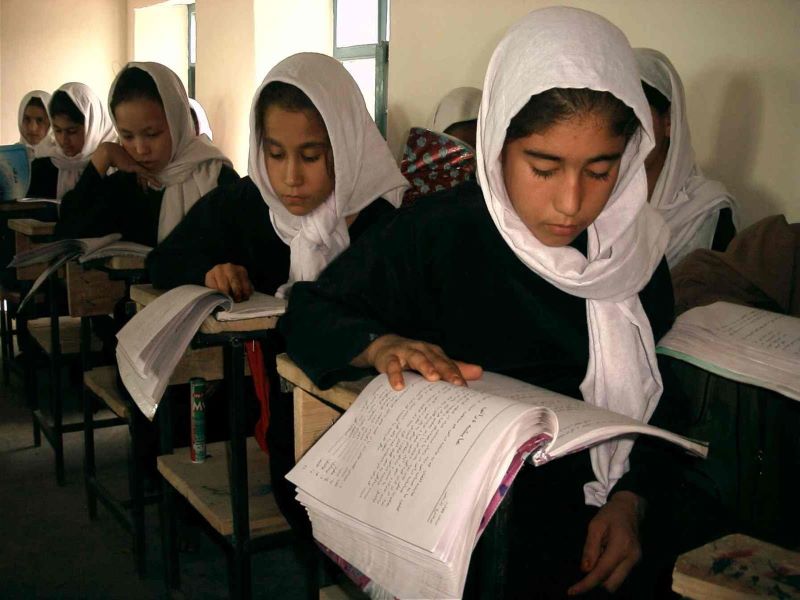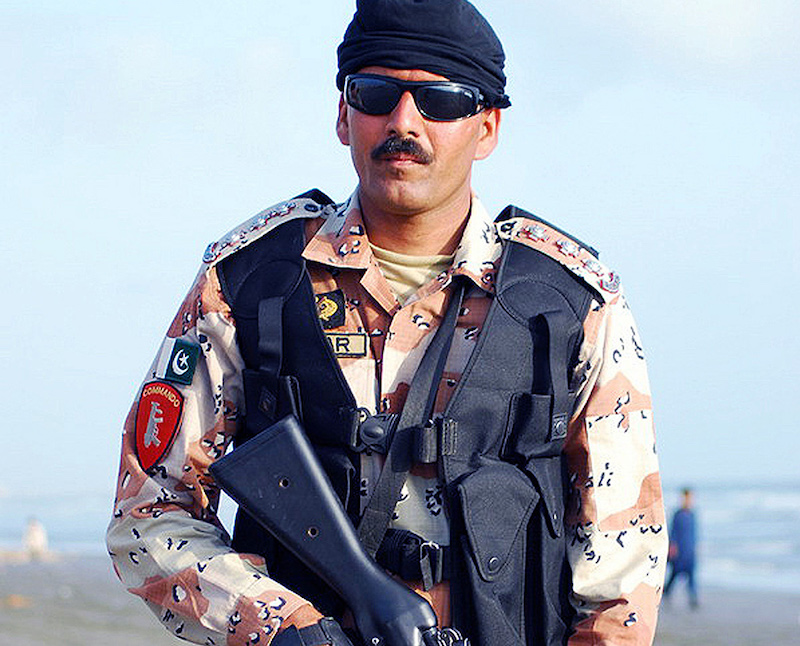In April of 2021, the United States government announced its withdrawal from what was at the time the Islamic Republic of Afghanistan. Twenty years of combat, 3609 dead NATO troops, and trillions of dollars later, Allied forces withdrew, and left the country vulnerable for the Taliban to seize control once again, like they had thirty Read More…
Tag: Taliban
The Afghan Diaspora’s Double Dilemma: Mass Migration, Forced Repatriation
Afghan Mass Migration In recent years, Afghanistan has been a focal point of global attention due to the magnitude of its humanitarian crisis after the NATO withdrawal and Taliban takeover in 2021. Decades of persistent insurgency have resulted in widespread insecurity, creating a chaotic environment for individuals and families. The violence from such armed conflict has led Read More…
Special Report: What Is to Be Done?
In this special report, NAOC Senior Editor Justin Dell argues that the Allied withdrawal from Afghanistan does not just constitute another military defeat for the West, but portends an existential crisis for Western civilization. If the leaders of the states that comprise NATO want to preserve the global order they inherited after 1945, and again after 1991, they need to get serious about their self-narrative in the 21st century.
The Foreign and Domestic Perceptions of the Allied Presence in Afghanistan
The final departure of American troops from Afghanistan is set for September. This plan of withdrawal dates from the Trump Administration, which signed the bilateral Doha Agreement with the Taliban. It authorized the withdrawal of US and NATO forces if the Taliban agreed to prevent other terrorist groups from using Afghan soil. Although the Taliban has Read More…
Between War and Peace: Implications of the Afghan Peace Deal
A discussion on the fragile trajectory of peace in Afghanistan and the Doha Agreement peace deal, hosted by the NATO Association of Canada.
U.S. Withdrawal from Afghanistan: What it Means for Women
Mary Peplinski discusses the fragile peace agreement between the United States and the Taliban, and examines how an early withdrawal of American troops could worsen violence and compromise advances in women’s rights in Afghanistan.
“The Dogs Are Eating Them Now”: An Account of the Heartbreaking Futility of the Canadian War in Afghanistan
Guest contributor Rachel Zack provides a review of Graeme Smith’s sobering account of Canadian involvement in the war in Afghanistan. She argues that Canadian policymakers can garner important lessons from the experience and legacy he describes.
From Kabul to London: The Meteoric Rise of Afghan Cricket
A look at the inspiring story of Afghanistan at this year’s Cricket World Cup, and the security implications of sport in international affairs.
In Afghanistan, a Lack of Female Involvement Points to Weaknesses in the Current Peace Talks
In this article David Lazzam reflects on the Afghan peace talks. As the negotiations continue, optimism is belayed by concerns over the potential problems that might arise from the male-dominated negotiations.
Operation Radd-ul-Fasaad: Pakistan’s Latest Response to the Jihadist Threat
In response to a months-long string of terrorist attacks, the Pakistani government recently announced its new counter-terrorism strategy, Operation Radd-ul-Fasaad. Nabil Bhatia analyzes the operation, highlights its successes as well as possible areas of improvement.


